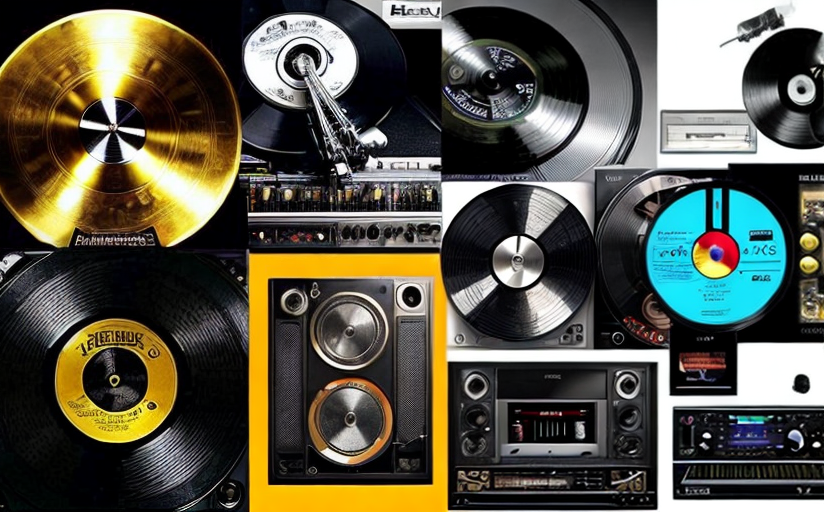The Transformation of the Music Industry: A Technological Perspective
The music industry has undergone a truly transformative journey through the advent of technology. Technological advancements have changed the industry's ecosystem, disrupting and evolving the way music is produced, distributed, and consumed.
The Digital Revolution and the Music Industry
The introduction of digital music started a new era in the music industry. Artistes could now record and produce music using digital software, reducing the dependence on physical recording studios and amplifying creativity. This digital revolution has democratized the means of music production, empowering independent artists to compete with established record labels.
The Disruption by Streaming Platforms
Music consumption witnessed a radical shift with the rise of streaming platforms. Spotify, Apple Music, and Amazon Music, to name a few, have made millions of songs accessible with a simple click, fundamentally changing the way music is distributed and consumed. This democratization of music accessibility has fueled a global music culture, enabling unknown artists to gain global recognition overnight.
Artificial Intelligence in the Music Industry
More recently, artificial intelligence (AI) has started making its mark on the industry. AI tools are now being utilized to compose music, create playlists, and analyze consumer behaviour. This has created new opportunities and challenges for artists, record labels, and listeners alike.
The Impact on the Stakeholders
While technology has brought numerous advantages, it has also induced several challenges. Artists now face the ‘streaming paradox’, where despite a wider reach, their royalty earnings have diminished. Record labels have to rethink their strategies to adapt to these digital changes. Meanwhile, listeners, sway between the benefits of easy accessibility and the pitfalls of data privacy concerns.
The Future of the Music Industry
The future path of the music industry will be largely dictated by technological advancements. We may expect to see virtual reality concerts, blockchain-based ticketing systems, and AI-based music personalization becoming the norm. The key challenge and opportunity lie in balancing the benefits of technology with fair remuneration to the artists and retaining the intrinsic human touch in music.
The journey of music, intertwined with technology, is a vivid example of how innovation can reshape industry landscapes. As listeners and industry insiders alike, our role is to adapt, contribute, and continue enjoying the music that forms the soundtrack of our lives.

















Comments
Leave a Comment